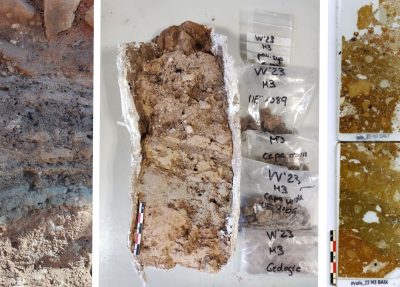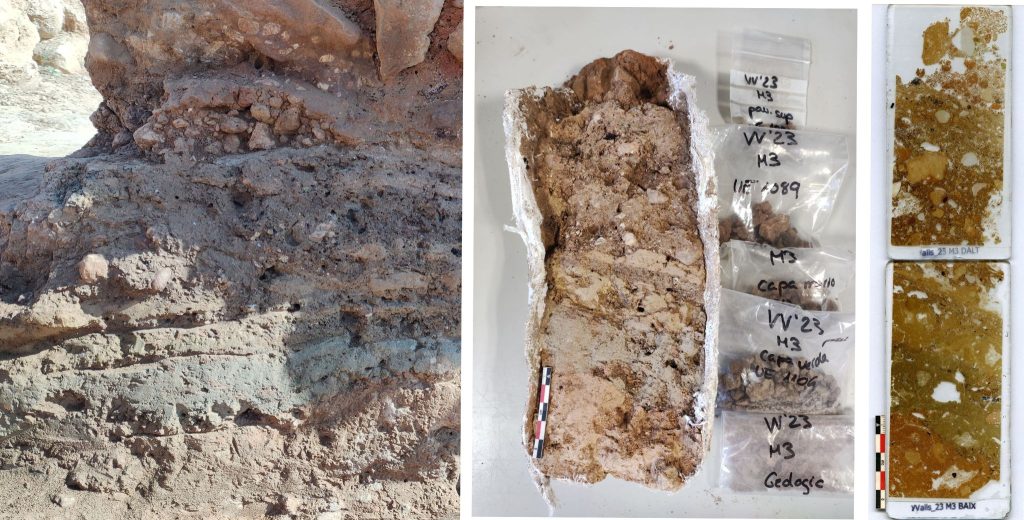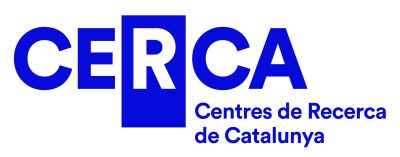
The Catalan Institute of Classical Archaeology (ICAC-CERCA) signs a new collaboration agreement with the Palarq Foundation.
Thanks to this new agreement, Dr Marta Mateu Sagués, postdoc researcher in the MIRMED research group, will lead the project “Microarchaeology in Protohistoric Domestic Spaces.”
This year-long project aims to deepen our understanding of protohistoric domestic spaces through the study of their sediments and structures. This initiative complements the ongoing MICRODOM project (Contribution of Micromorphology to the Study of Domestic Spaces in the Northwestern Mediterranean during Protohistory), which Marta Mateu has been conducting at the ICAC since late 2022, thanks to a Beatriu de Pinós grant funded by Catalan Government (AGAUR, 2021 BP 00103).
In this new project, microarchaeological techniques will be applied to various protohistoric domestic contexts to obtain new data for a more precise interpretation of these spaces. The micromorphological study will continue through the creation and observation of new thin sections of stratigraphic columns. Various micromorphological indicators and the detection of micro-remains through petrographic microscopy will allow for a better understanding of how these domestic spaces were formed and used.

To achieve this, Mateu will use various micromorphological techniques, especially the study of phytoliths and calcitic micro-remains, which will enable her to identify plant materials present in these spaces (from possible objects such as baskets or mats, construction elements, or fuel remains). She will also use X-ray diffraction and Scanning Electron Microscopy techniques to analyze the mineralogical composition of the sediments and detect other micro-remains from diverse origins that were not visible with petrographic microscopy.
Through this approach, the researcher aims to advance the use of microarchaeological techniques applied to Iron Age contexts to better understand formation processes, occupation phases, and their uses, as well as the construction techniques (especially flooring) of these domestic spaces, along with the processes of abandonment and destruction of the settlements.
Best of luck to our colleague Marta Mateu on this new adventure! ICAC extends its thanks to the Palarq Foundation for the trust placed in our team and this project.
About the Catalan Institute of Classical Archaeology (ICAC)
The Catalan Institute of Classical Archaeology (ICAC-CERCA) is a CERCA center established as a consortium in 2003 by the Government of Catalonia and the Rovira i Virgili University. It is a Catalan institution with an international scope, at the forefront of research and conservation of archaeological heritage. Its headquarters are in Tarragona, a city recognized as a UNESCO World Heritage Site in 2000. Its researchers work to understand the past, through the study of archaeological remains and promote the preservation of the historical legacy. We are CERCA!
For more information, visit www.icac.cat.






